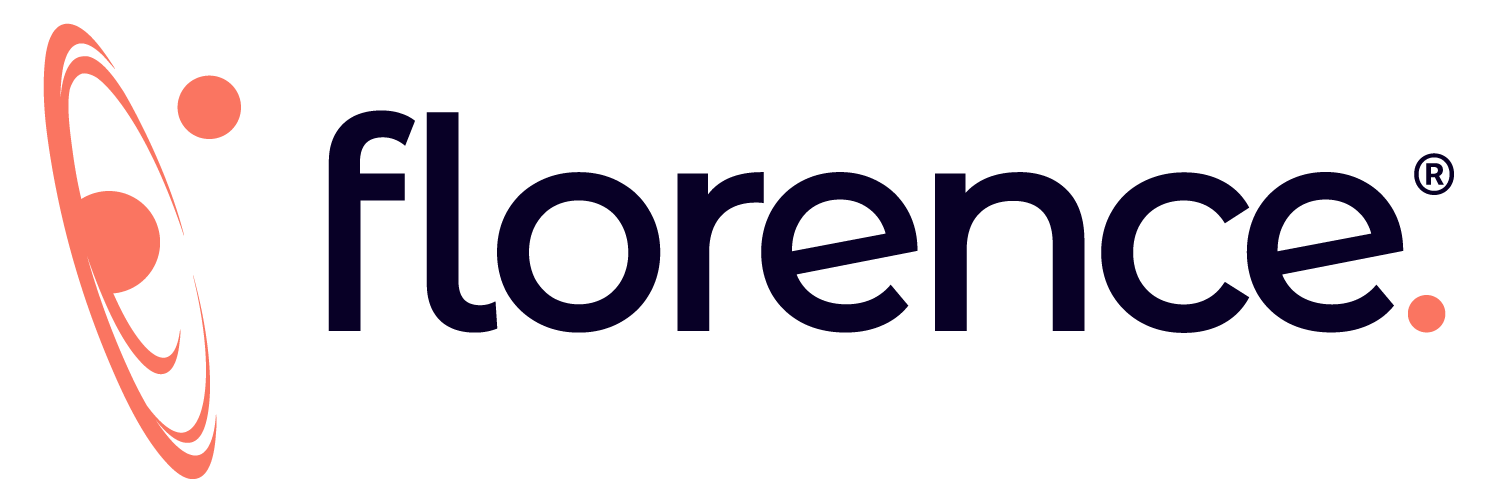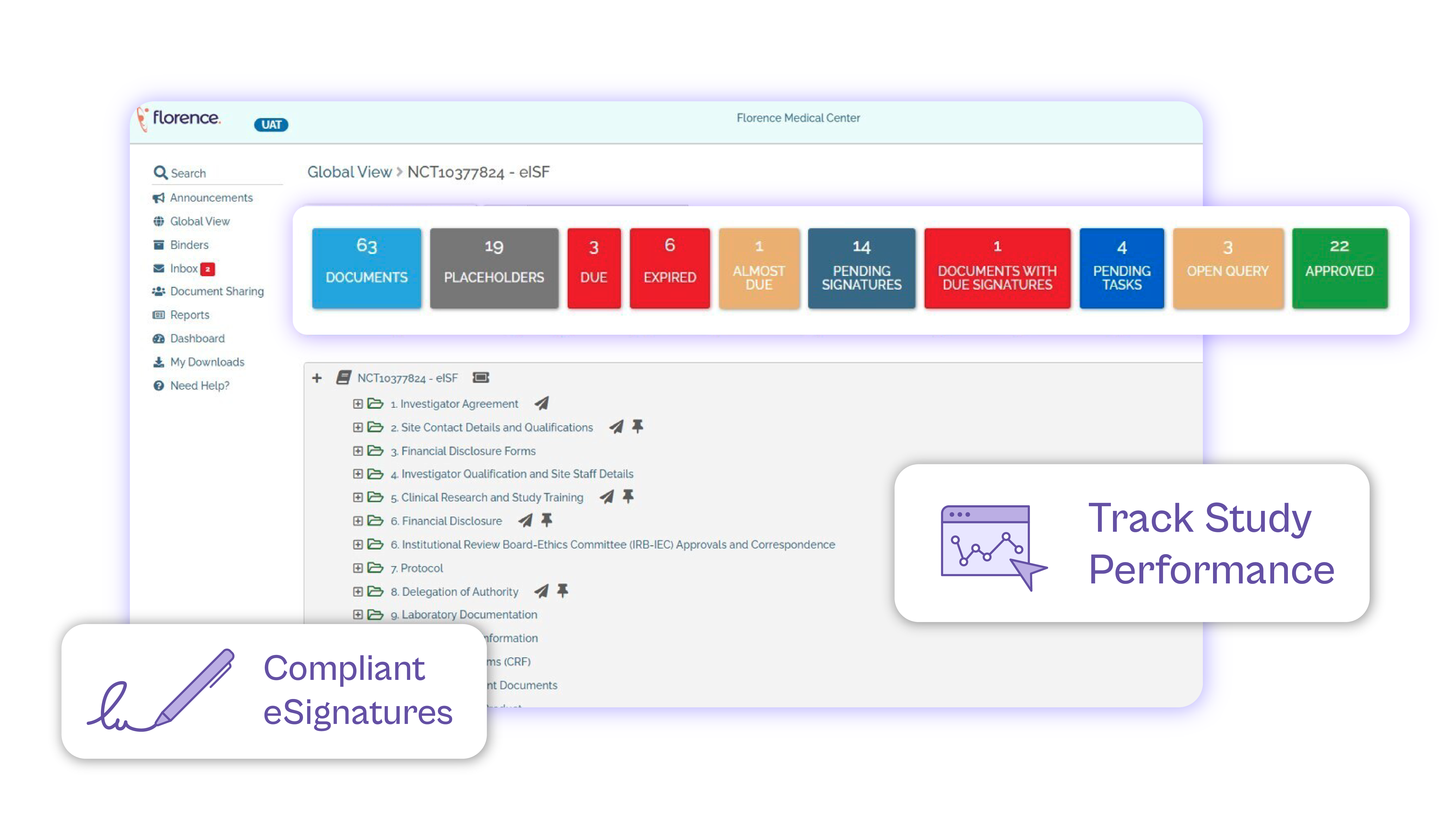European Commission Directorate-General For Health And Food Safety: Question and Answers on the interplay between the Clinical Trials Regulation and the General Data Protection Regulation
What is the difference between informed consent within the meaning of the Clinical Trial Regulation and consent within the meaning of the GDPR?
The requirement of informed consent by the CTR must not be confused with consent as a legal ground for processing personal data set out in Article 6(1) (a) of the GDPR.
The Clinical Trials Regulation contains several provisions that specify certain aspects on how the processing of personal data should take place. Informed consent required by that Regulation serves as an ethical standard and procedural obligation. The informed consent under CTR is the fundamental condition under which a person can be included into a clinical trial. It is not conceived as an instrument for data processing compliance.
Informed consent, in the context of CTR, is a safeguard not a legal basis for data processing. Therefore, it is important to distinguish between the requirement for consent for a subject to participate in a CT and the requirements for a lawful processing of personal data under the GDPR (see Q&A 3).
Download all questions and answers in the Florence Beginner’s Guide to GDPR for Clinical Trials.
The information presented in our library is for informational purposes only, they are not for implementation in operations. Please consult official GDPR guidance documents for operational use.
This information was sourced from the European Commission Directorate-General For Health And Food Safety: Question and Answers on the interplay between the Clinical Trials Regulation and the General Data Protection Regulation.


